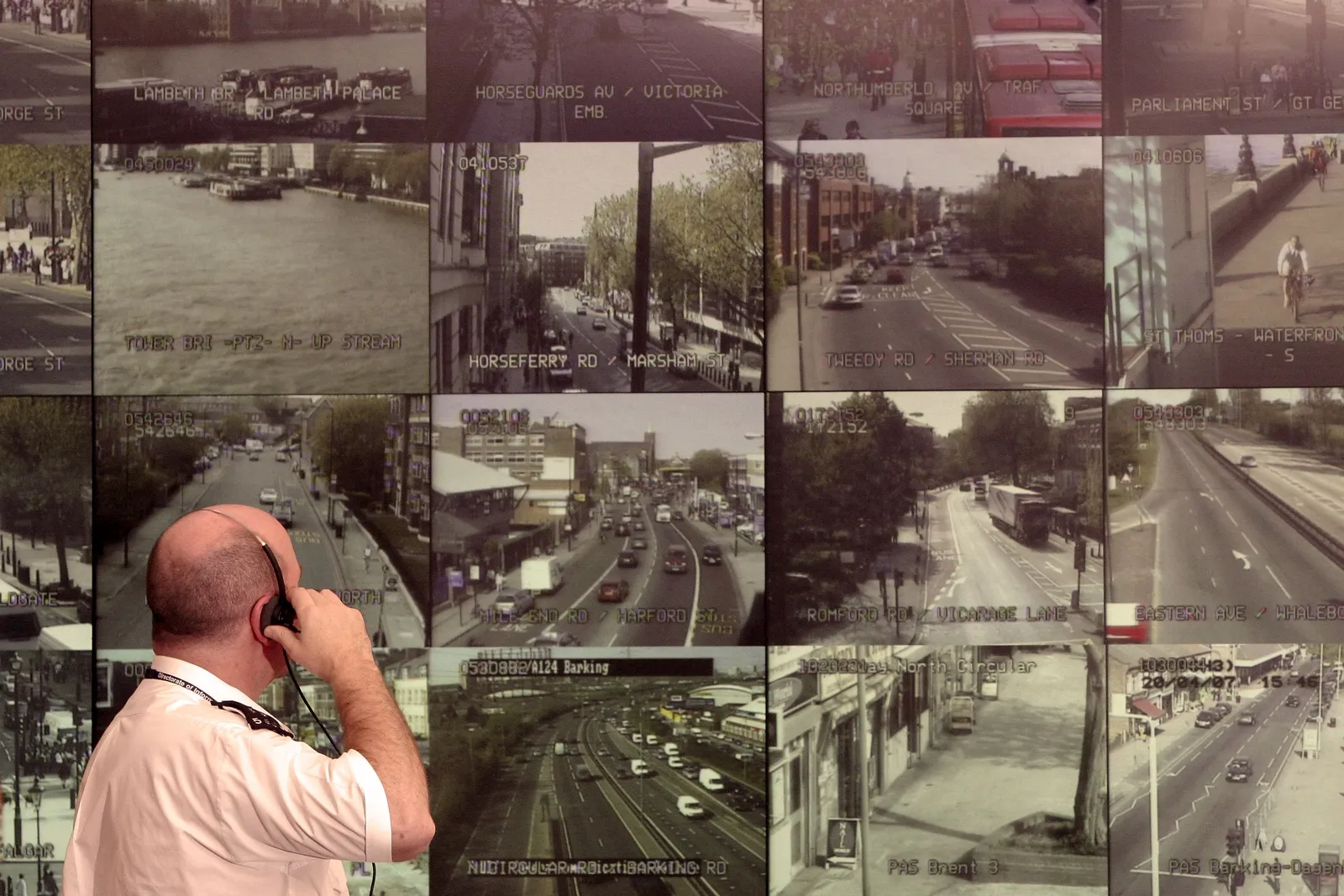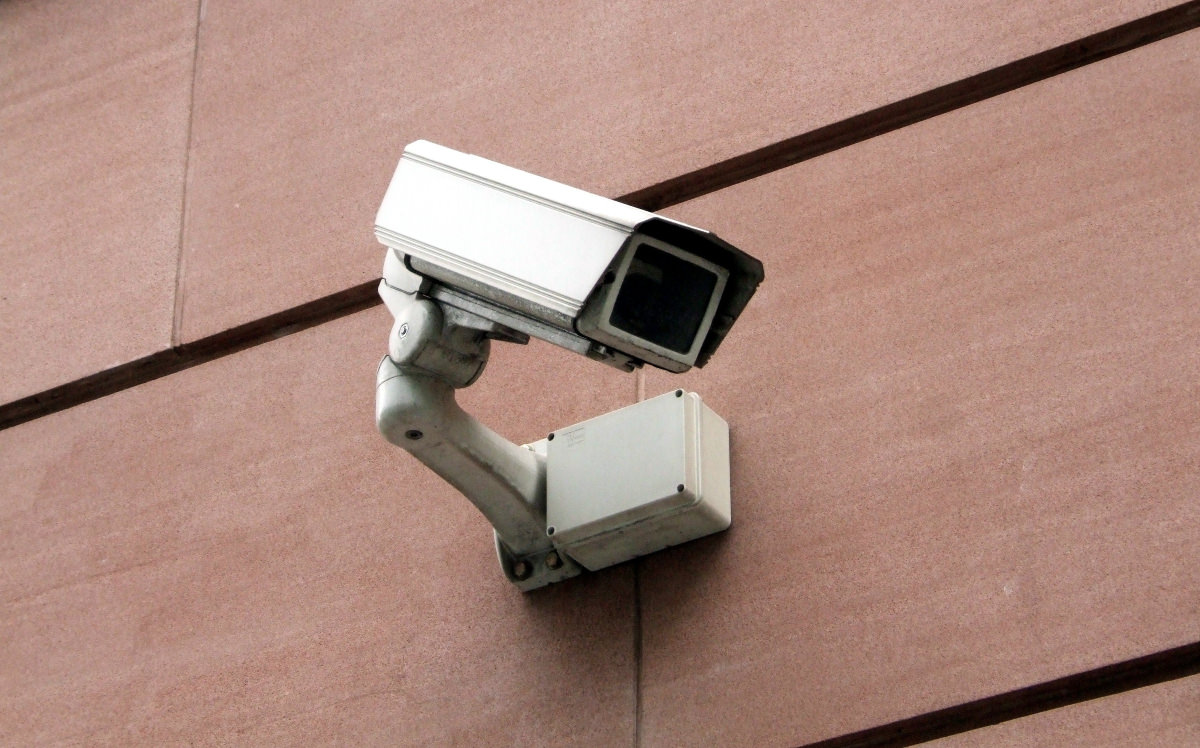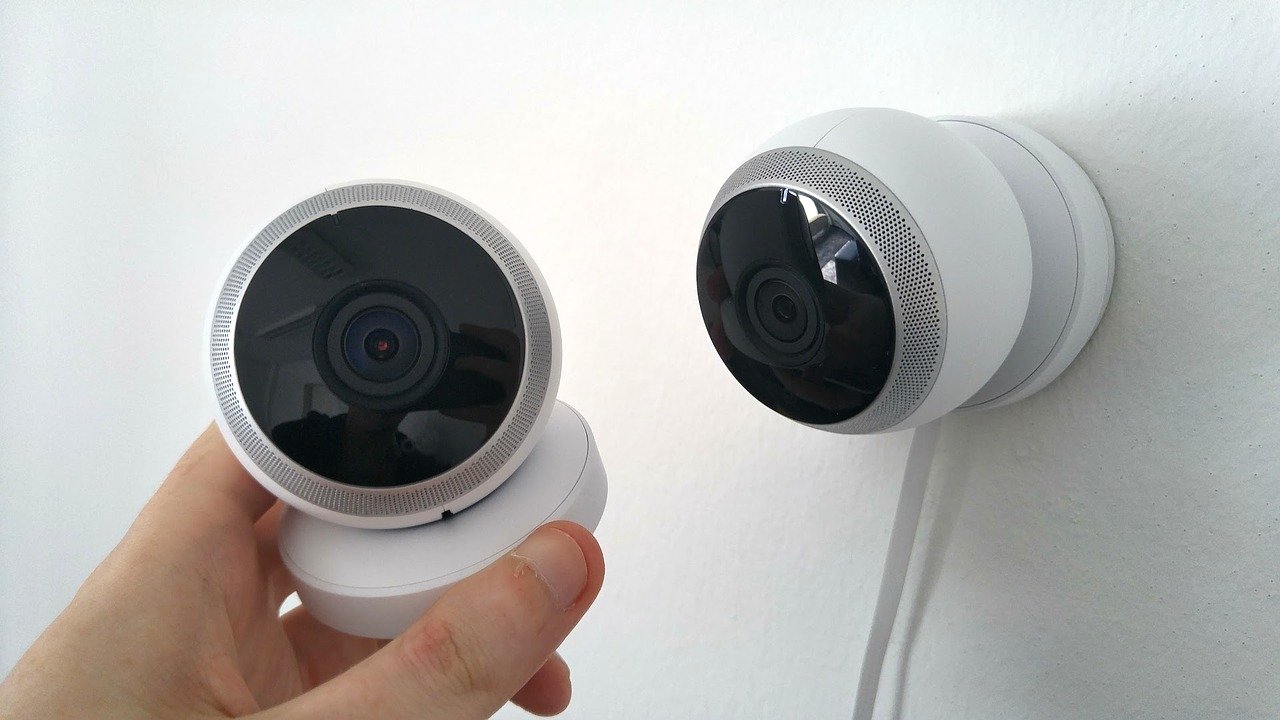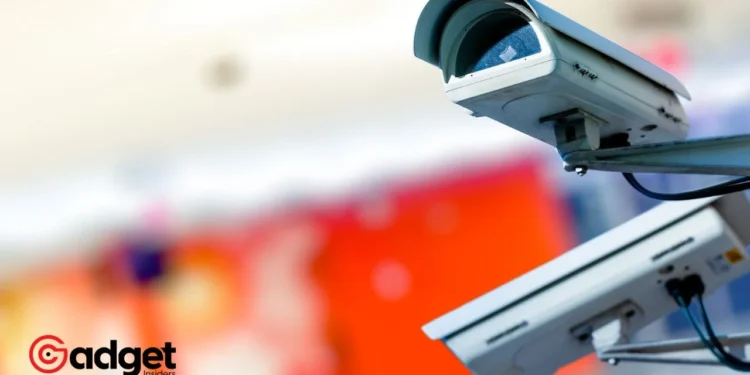In an era where the safety and security of our homes are paramount, the rise of home surveillance systems, such as the ubiquitous Ring doorbell, has offered homeowners a sense of security like never before. However, this technological safeguard comes with its own set of legal challenges that could potentially land millions of British homeowners in hot water, facing hefty fines of up to £100,000.

Doorbell: The Fine Line Between Security and Privacy Invasion
The convenience of home surveillance systems has led to a surge in their installation across the UK. According to a report by MyBuilder, nearly half of British homeowners now possess some form of surveillance system, be it a smart camera or a more complex CCTV setup.
While these devices are legal and have become a staple in modern home security, the real issue arises when these cameras capture more than just the confines of one’s property.
Imagine your Ring doorbell camera inadvertently recording the pavement in front of your house, a neighbor’s garden, or even a passerby. Such scenarios, though seemingly harmless, place homeowners in a precarious legal position under the Data Protection Act (DPA) and the General Data Protection Regulation (GDPR).

Doorbell: Navigating the Legal Landscape of Home Surveillance
Andy Simms, a property expert from MyBuilder, stresses the importance of legality in the installation of these smart Doorbell devices. “While it’s not illegal to have CCTV and recording systems on your property, filming people secretly often is,” Simms cautions.
He further advises homeowners to adhere to specific guidelines and ensure their surveillance setup does not breach any laws. This includes positioning correct signage around the property to inform both visitors and passersby of the presence of cameras.
The essence of this advice is not to deter homeowners from using surveillance Doorbell systems but to encourage a responsible approach that respects privacy laws. Secret filming, especially without clear signage or notification, is a direct violation of privacy rights and could lead to serious legal repercussions, including criminal charges.
Unlike other smart doorbells, the Fort Smart Security Doorbell is SUBSCRIPTION FREE 🤑
No need to spend additional money each month, just use at no extra cost!
🔔 https://t.co/piATIX2JKA#Fort #ESP #SmartSecurity pic.twitter.com/oMG2QsfUGL
— ESP (@esp_uk) February 28, 2024
A Case That Serves as a Warning
Legal firm Peacock & Co. highlighted a case where an individual faced claims of harassment and a breach of the Data Protection Act 2018 due to improper use of a home Doorbell surveillance system against a neighbor. This case serves as a stark reminder of the thin line between enhancing home security and infringing on someone’s privacy.
Doorbell: A Call for Awareness and Legal Compliance
As the popularity of home Doorbell surveillance systems continues to grow, so does the need for homeowners to be fully aware of the legal boundaries surrounding their use. Installing cameras and surveillance devices is not just a matter of plugging in and forgetting.
It requires thoughtful consideration of privacy laws, neighborly etiquette, and the potential legal implications of overlooking these aspects.

By ensuring proper signage, notifying neighbors, and understanding the legal framework of surveillance, homeowners can protect their homes while respecting the privacy and legal rights of those around them. This approach not only fosters a safer community but also shields homeowners from the risk of significant fines and legal battles.










